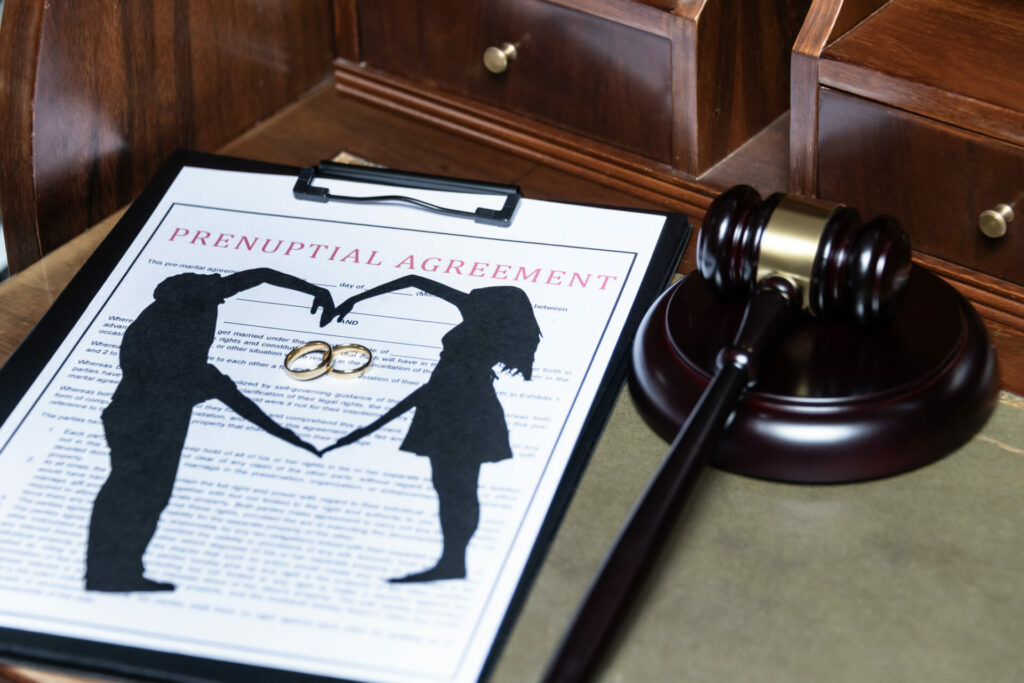The mediation process is an alternative to the litigation process to reach settlement of all issues prior to a couple divorcing. Mediation encourages the couple to reach an amicable agreement on all issues. The couple, with the help of the mediator, works through the mediation process to reach an amicable settlement. Because mediated agreements are developed with input from both parties, there are fewer problems in the future with non-compliance. Both parties also get a chance to decide what is best for their family rather than having a family court judge, who is minimally acquainted with the facts of the case, decide issues. The mediation process can also be significantly less costly than a traditional litigated divorce. The end result in mediation is a mutual agreement, with which both parties are comfortable and willing to live.
Upon entering into mediation, the couple works together with the mediator to develop a settlement. The mediator does not represent either party but helps both parties work toward settlement. Both parties will still need to contact an attorney to act as their individual advisors. The agreement reached during the mediation process is put into a written document called a Memorandum of Understanding. This Memorandum encompassed all items that the parties have agreed upon; however, this document is not legally binding upon the parties. Each party then takes the Memorandum to his or her attorney, who uses the Memorandum to draft a legally binding Property Settlement Agreement; one party will file a Complaint for Divorce and the parties can proceed with an uncontested divorce.
During mediation, you will both be asked to complete a budget form and state your positions on all issues of equitable distribution, alimony, child support, custody, and visitation. The mediator will help you realistically resolve these issues, taking into account your personal circumstances, finances, and anticipated budgets. The mediation process involves working together to resolve issues. However, it is not necessary for the couple to be amicable in order to work together. The mediator is trained to facilitate the resolving of issues even in situations where one spouse is more powerful, earns more money, or has been the dominating partner in the marriage. The mediator will not allow one party to attempt to coerce or control the other.
The mediator will also call in any experts he or she decides are necessary to get information required to settle the case. These experts can include real estate appraisers, business evaluators, accountants, pension evaluators, psychiatric/psychological experts, employment experts, and medical experts. The mediator will use these experts when and if needed to help reach a settlement.
Mediation gives the divorcing couple a chance to work together to reach a settlement that is best for both of them and their children. The mediation process leaves the divorcing couple with the power to make decisions regarding their own future.








